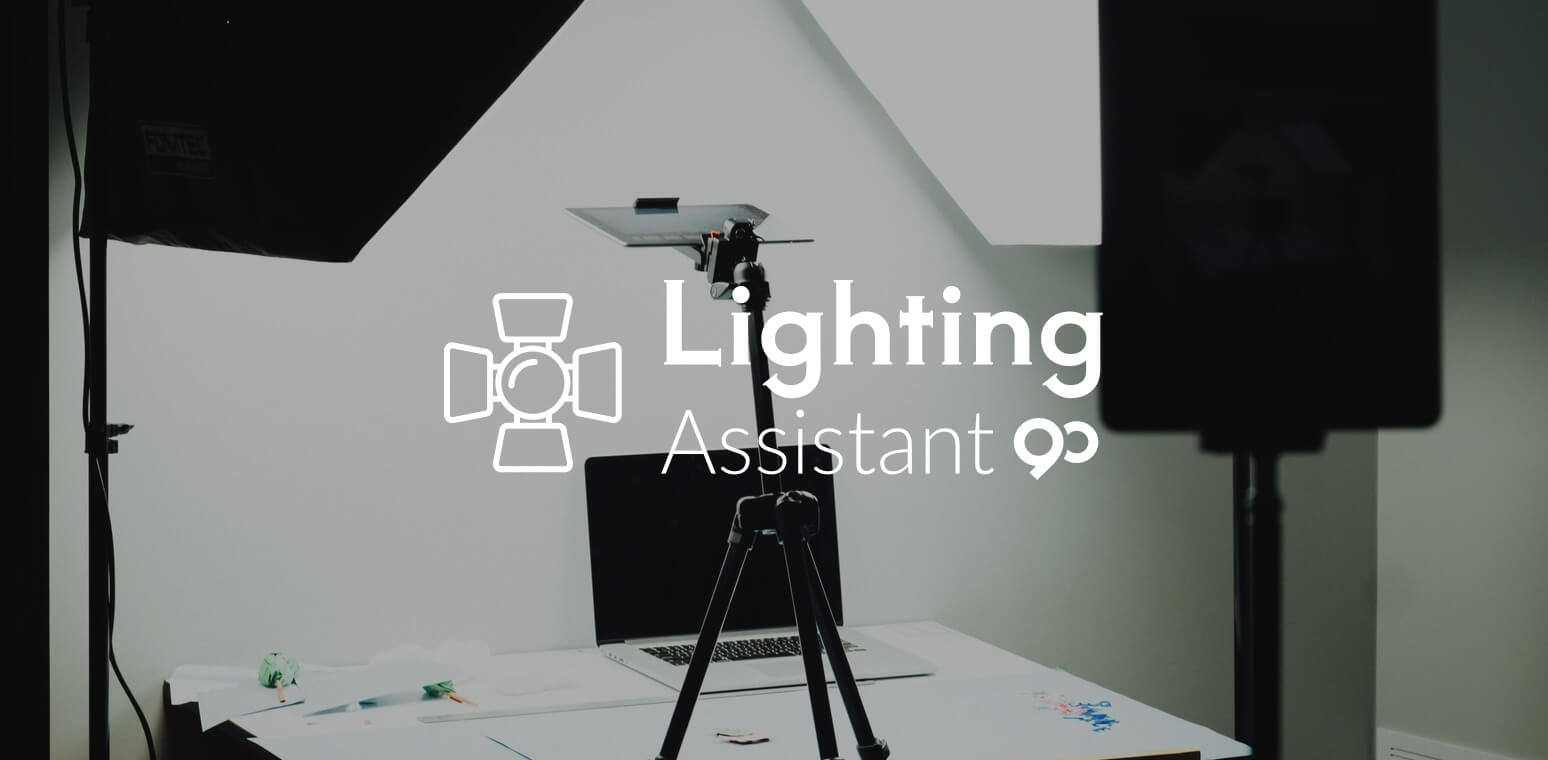Hi,
Get in touch with us today to chat about your next project.

A lighting assistant can work in a variety of fields including music, theater, and video production. A lighting assistant might also be called a lighting technician or a spark.
Lighting assistants would be expected to have good vision and be physically fit enough to lift equipment and work on their feet for several hours at a time.
They are responsible for using a variety of different lights to create the style and the mood in a production. Setting up equipment, making sure it’s working properly, and then taking everything down when the production is completed would be essential duties of a lighting assistant.
Understanding how to operate the dozens of pieces of equipment is a crucial aspect of the job. A few types of equipment that a lighting assistant must be familiar with include lamps, reflectors, light quality modifiers, light controllers, and reducers.
While taking classes in the area of film and video are often recommended for a lighting assistant, a degree or specific classes are usually not required for starting out in this particular field.
Setting up a variety of lighting equipment and making sure each piece is in the correct place are one of the most important jobs a lighting assistant will do. Equipment may need to be set up either inside or outdoors.
Knowing where to run cables and how to check to make sure all the equipment is working properly is a major part of the job.
It’s important to understand the creative vision of the director when arranging lighting in any production.
A scene may require a sunny day, a rainy night, or a foggy atmosphere. A good lighting assistant should be able to maintain equipment throughout the entire time the production is taking place.
It may also be necessary to quickly change the lighting between shots as well, making it imperative to be able to quickly move equipment around during the entire process.
Being able to work with a variety of staff members is crucial for a lighting assistant.
The lighting assistant would need to have excellent communication skills and would need to quickly understand and implement whatever direction they’re given.
It’s important to go over the shots with senior lighting staff as well as the director when the shoot is finished.
A Lighting assistant may at times have to operate a variety of specialized equipment other than basic lights.
A technical understanding of how different lasers and strobe lights work would likely be needed at different times on the job. A fog machine or smoker may also be used to create shadow and smoky ambiance.
The assistant needs to understand the risks involved when using specialized equipment such as lasers and strobes.